Earth
-
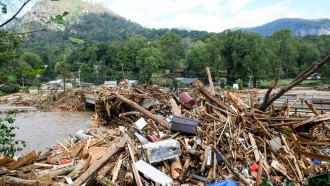 Climate
ClimateWhy Hurricane Helene was so devastating
The tempest caused record-breaking storm surge on the coast and widespread and deadly flooding and debris flows in the Appalachian Mountains.
By Nikk Ogasa -
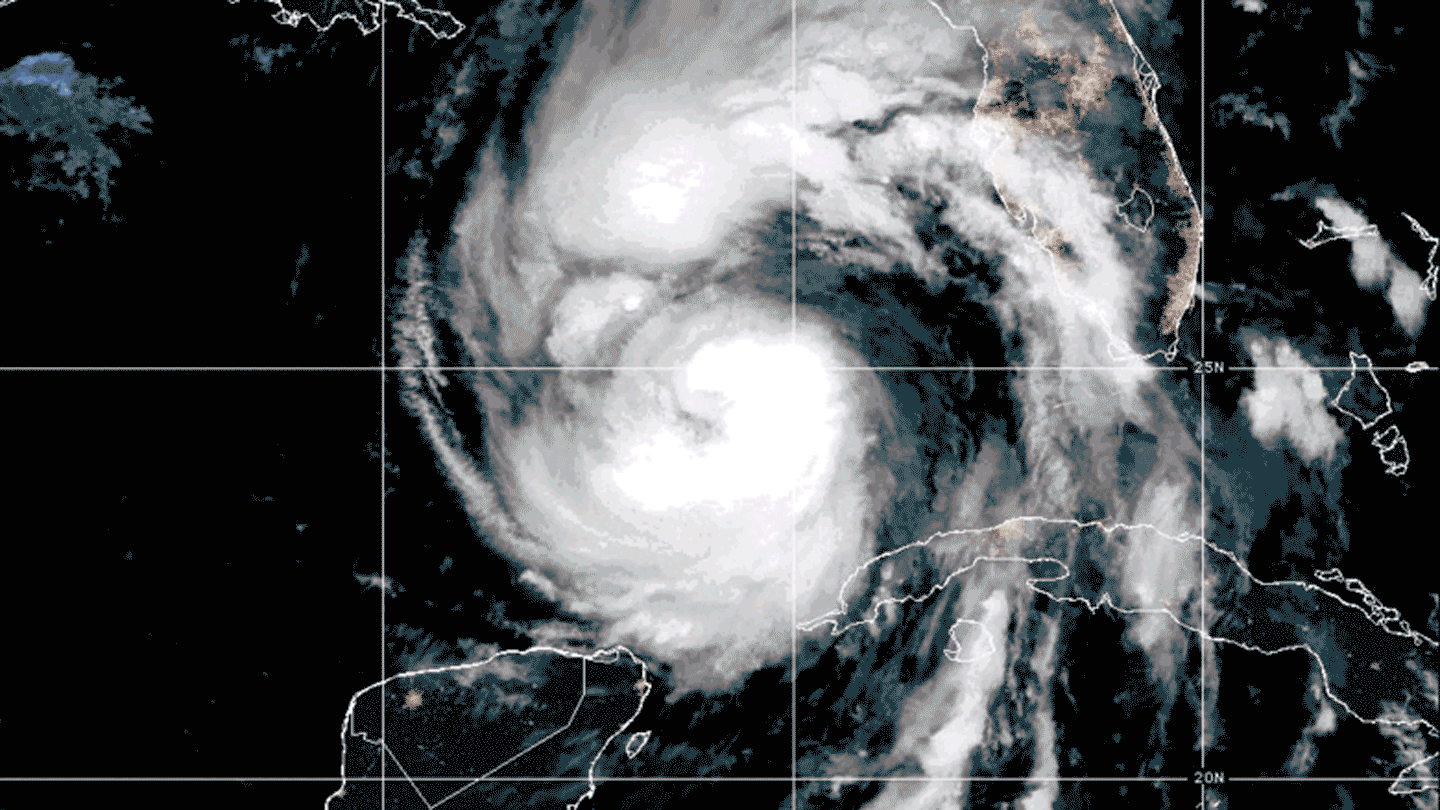 Climate
ClimateHow rapid intensification spawned two monster hurricanes in one week
New maps of wind impacts beyond Helene’s ‘cone of uncertainty’ track highlight how a hurricane’s power extends far inland.
-
 Climate
ClimateA thousands-year-old log demonstrates how burying wood can fight climate change
Burying wood can store carbon for thousands of years, according to an analysis of an ancient log unearthed in Canada.
-
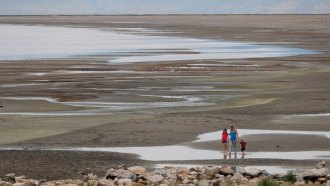 Earth
EarthReactive dust from Great Salt Lake may have health consequences
When inhaled, metals left by the shrinking lake could cause inflammation. Experts say more studies are needed to understand the impact.
By Skyler Ware -
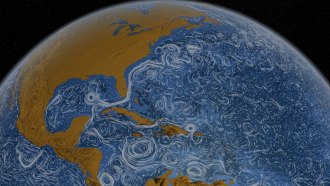 Oceans
OceansA vital ocean current is stable, for now
The Florida Current, a major contributor to a system of ocean currents that regulate Earth’s climate, has not weakened as much as previously reported.
By Nikk Ogasa -
 Agriculture
Agriculture‘Smart lighting’ might make vertical farming more affordable
A new computer program adjusts grow lights to cut down on electric bills without sacrificing photosynthesis.
-
 Environment
EnvironmentA biogeochemist is tracking the movements of toxic mercury pollution
Exposing the hidden movements of mercury through the environment can help reduce human exposure.
By Nikk Ogasa -
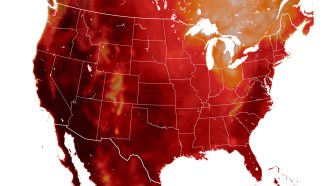 Climate
ClimateClimate change could double U.S. temperature-linked deaths by mid-century
Each year, roughly 8,000 deaths in the United States are associated with extreme temperatures. And as temperatures rise, this number could swell.
-
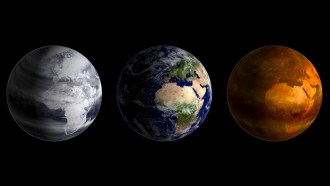 Climate
ClimateEarth’s ancient ‘greenhouse’ conditions were hotter than thought
A timeline of 485 million years of Earth’s surface temperatures shows ancient greenhouse conditions were hotter than scientists thought.
-
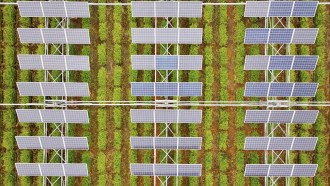 Climate
ClimateCan solar farms and crop farms coexist?
Researchers working in the field of agrivoltaics are studying how to combine solar farming with grazing, crop production or ecological restoration.
By Luke Groskin -
 Planetary Science
Planetary ScienceScientists find a long-sought electric field in Earth’s atmosphere
The Earth’s ambipolar electric field is weak but strong enough to control the shape and evolution of the upper atmosphere.
-
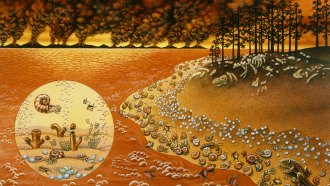 Life
LifeMega El Niños kicked off the world’s worst mass extinction
Long-lasting, widespread heat and weather extremes may have caused the Great Dying extinction event 252 million years ago.
By Jake Buehler